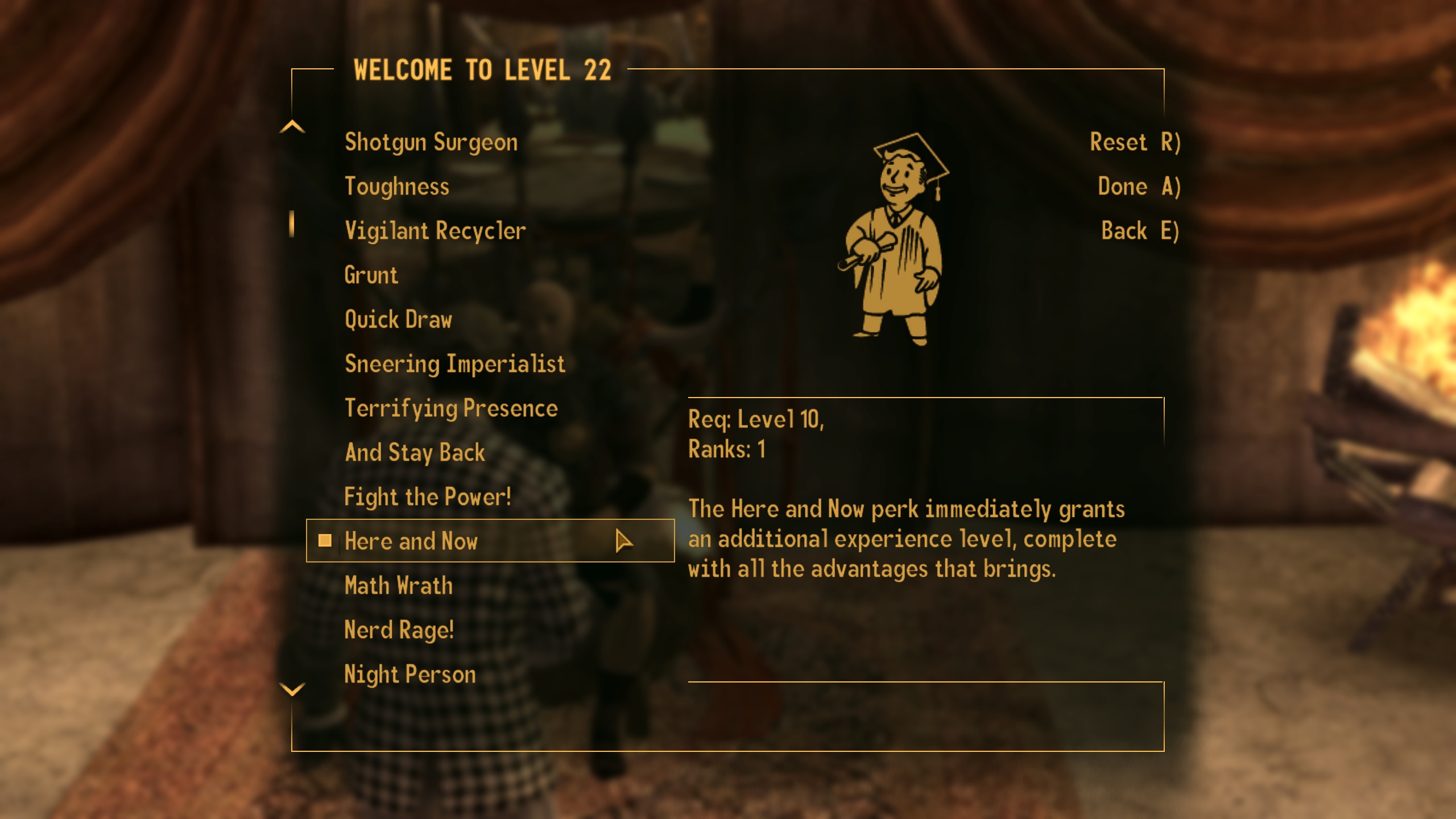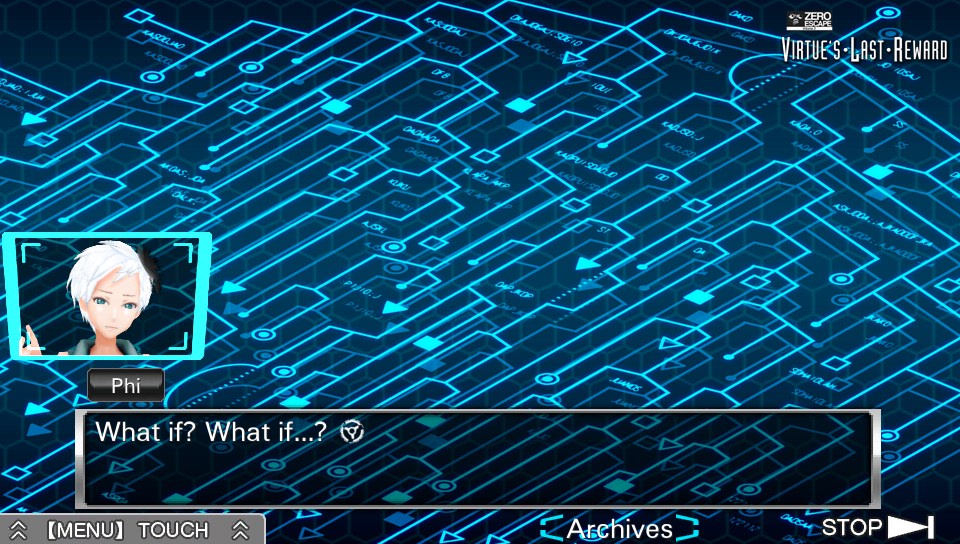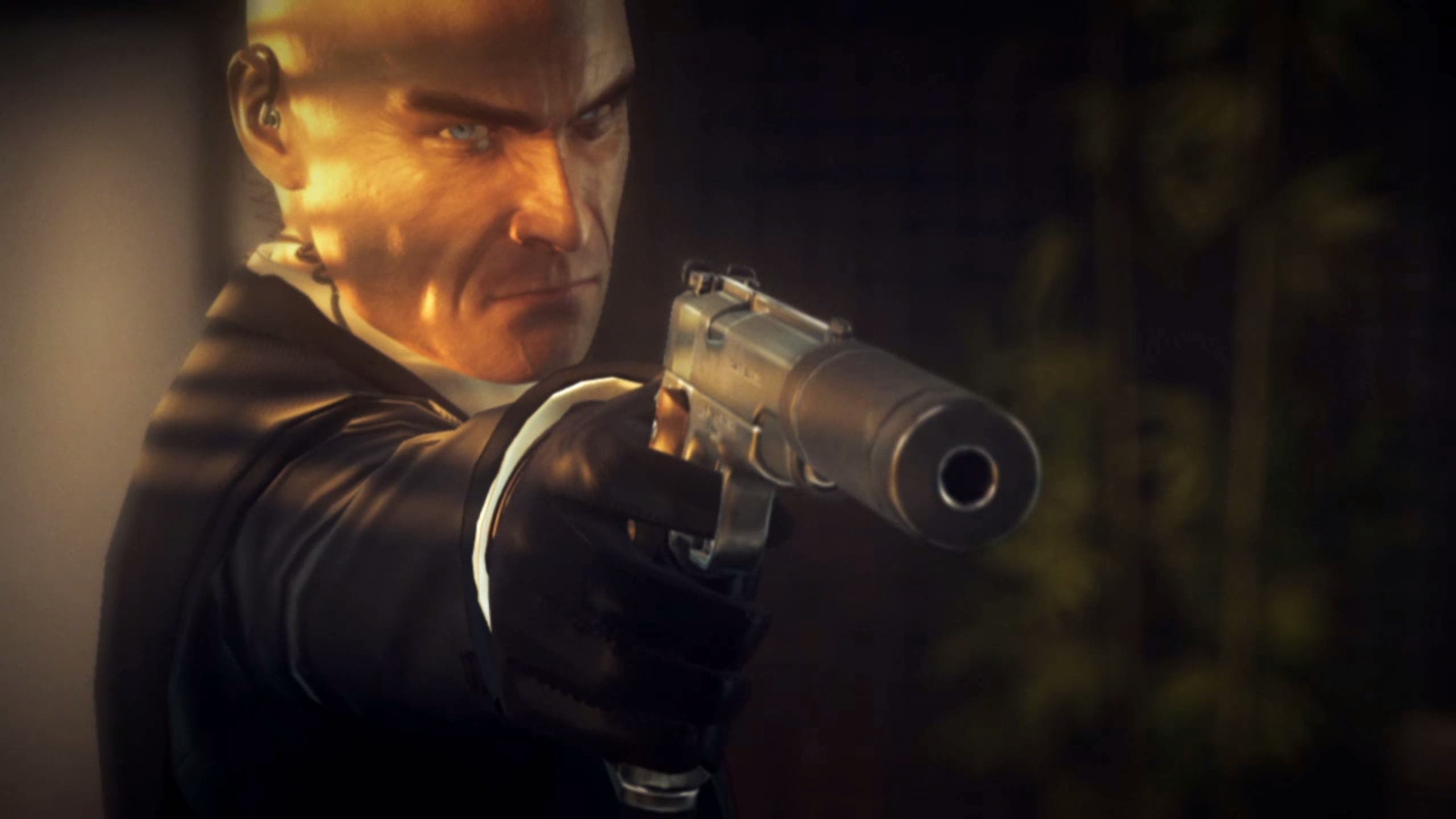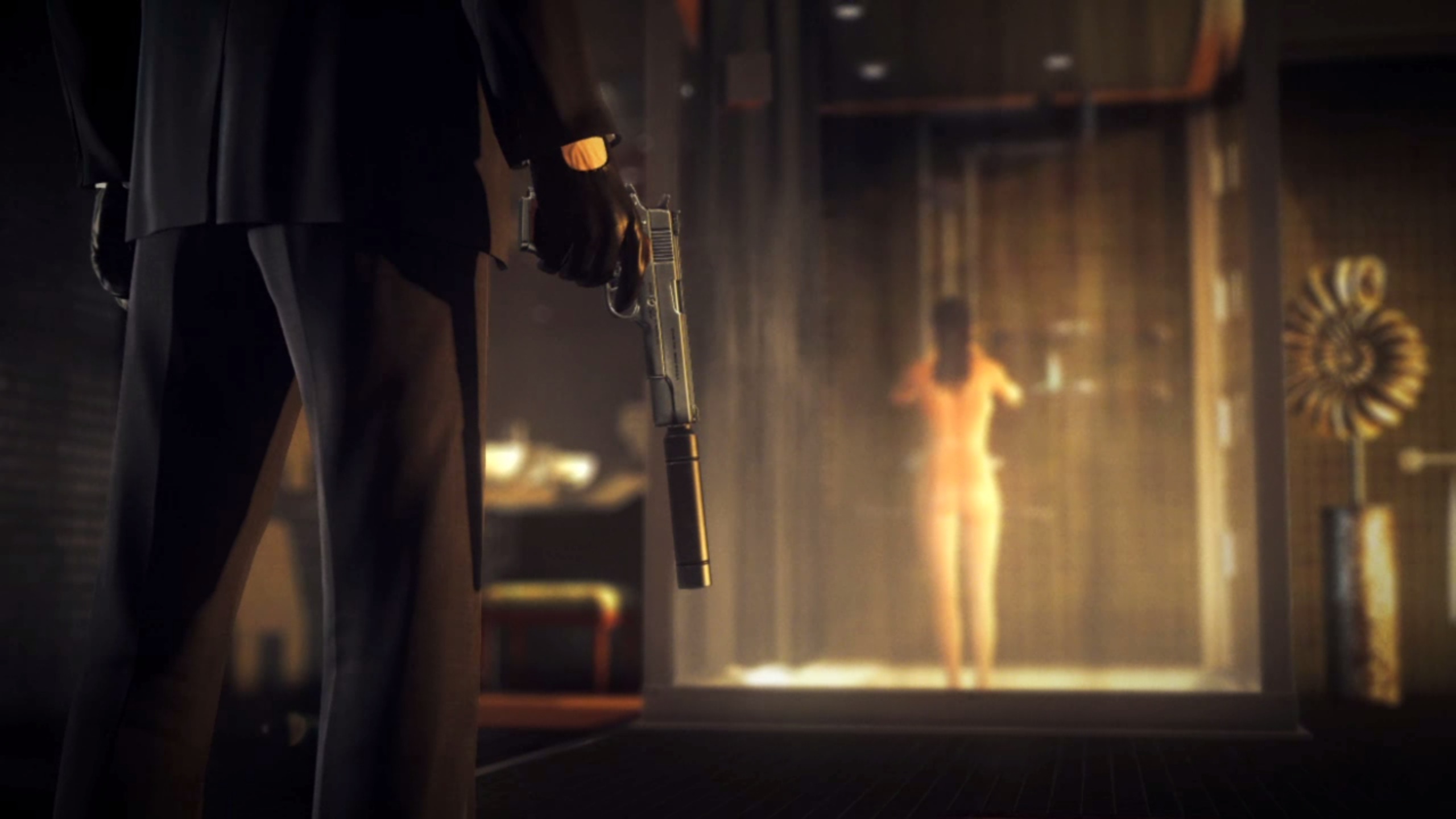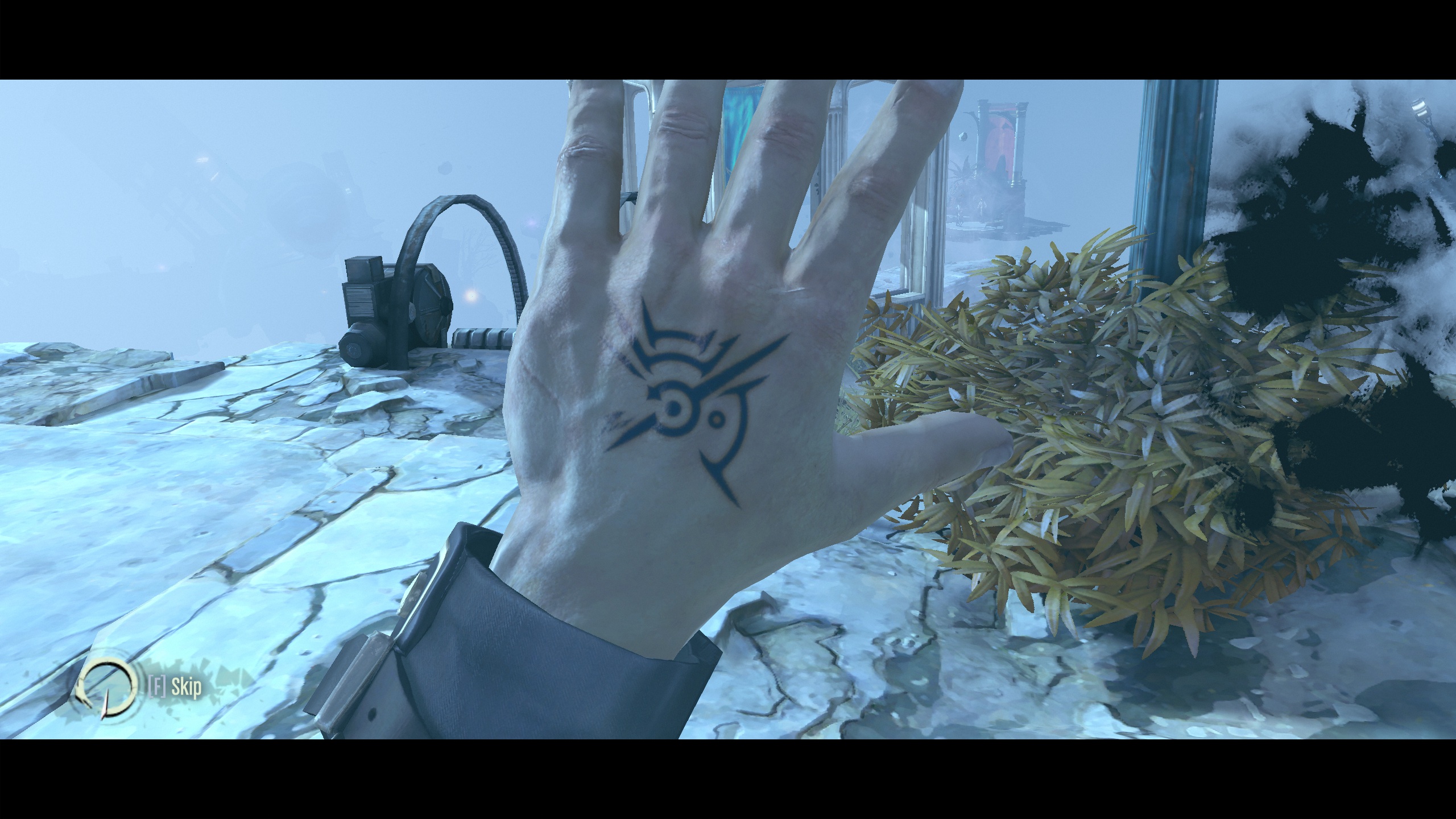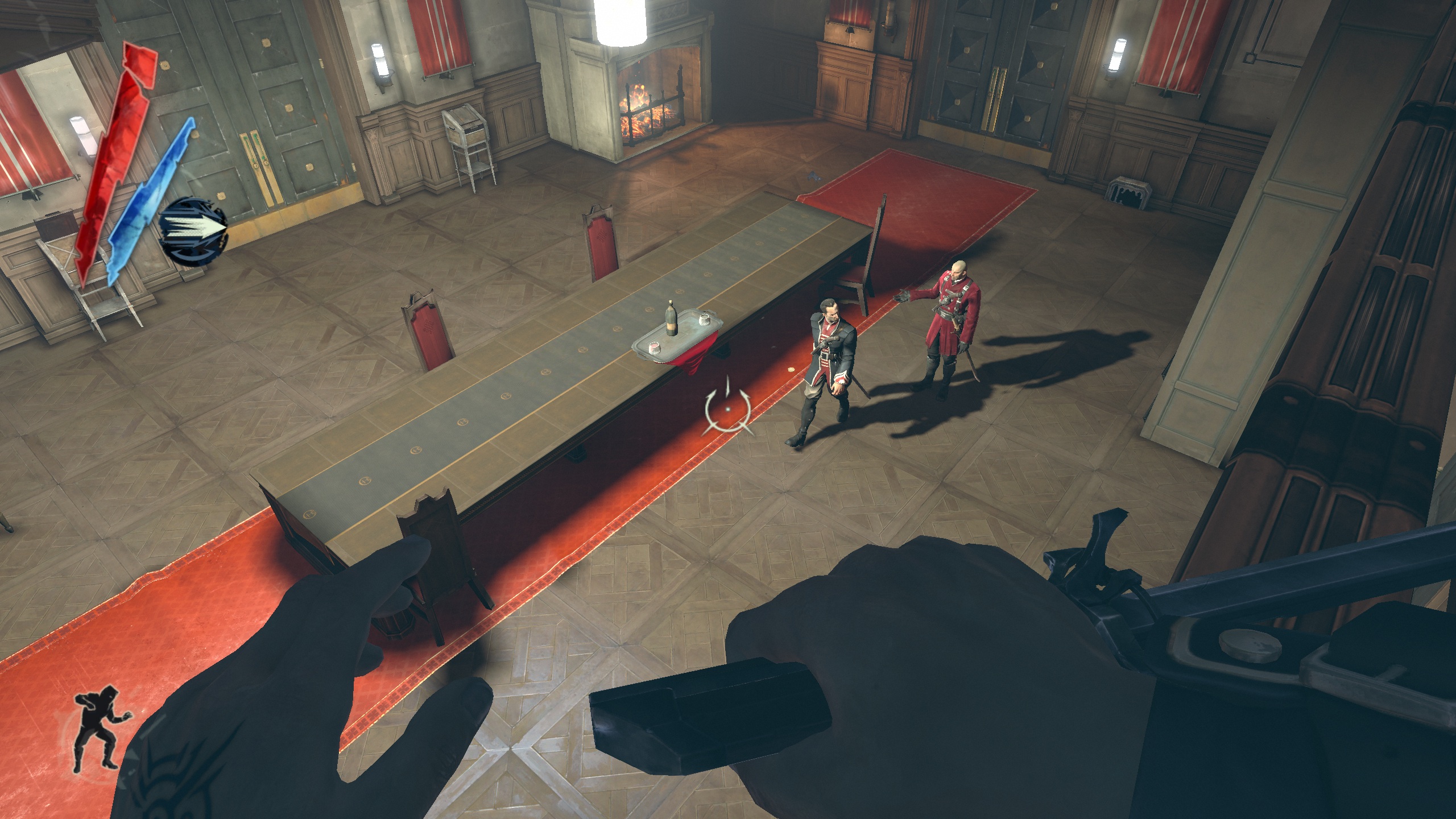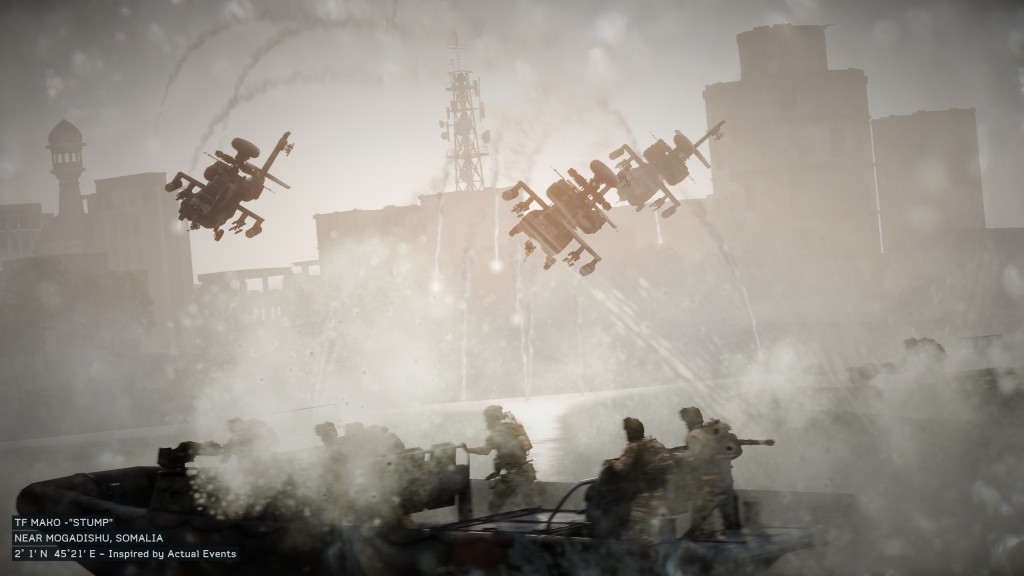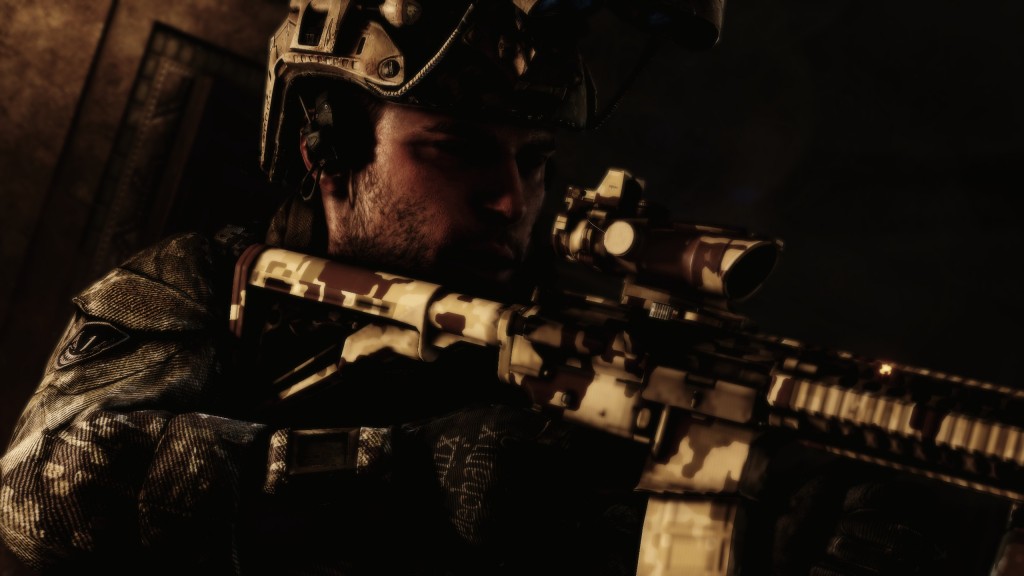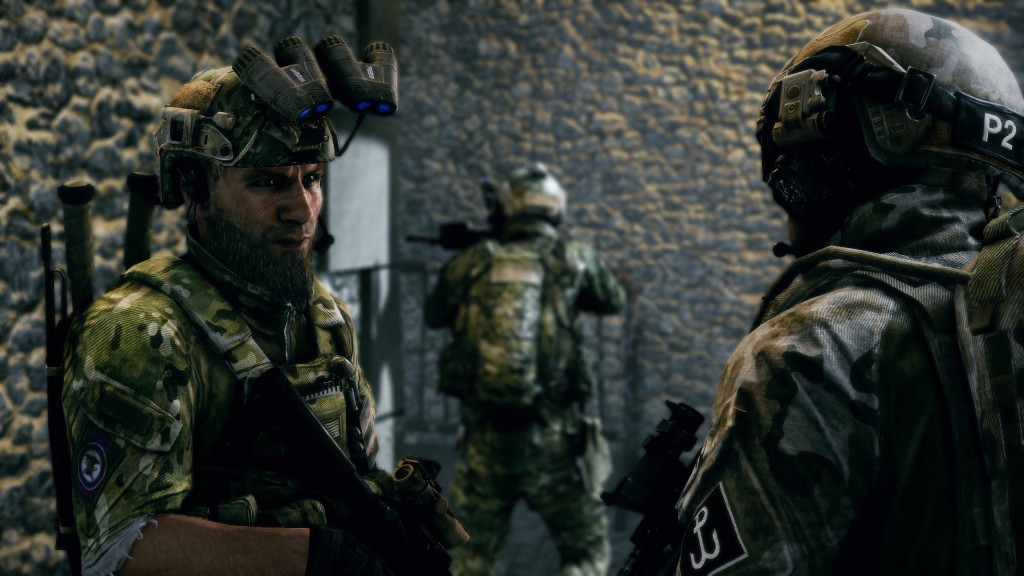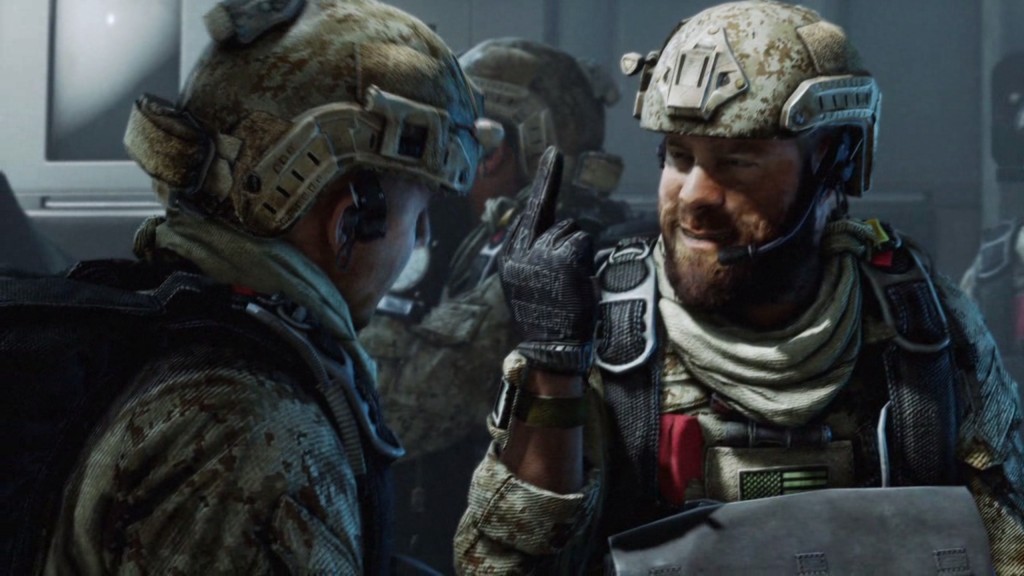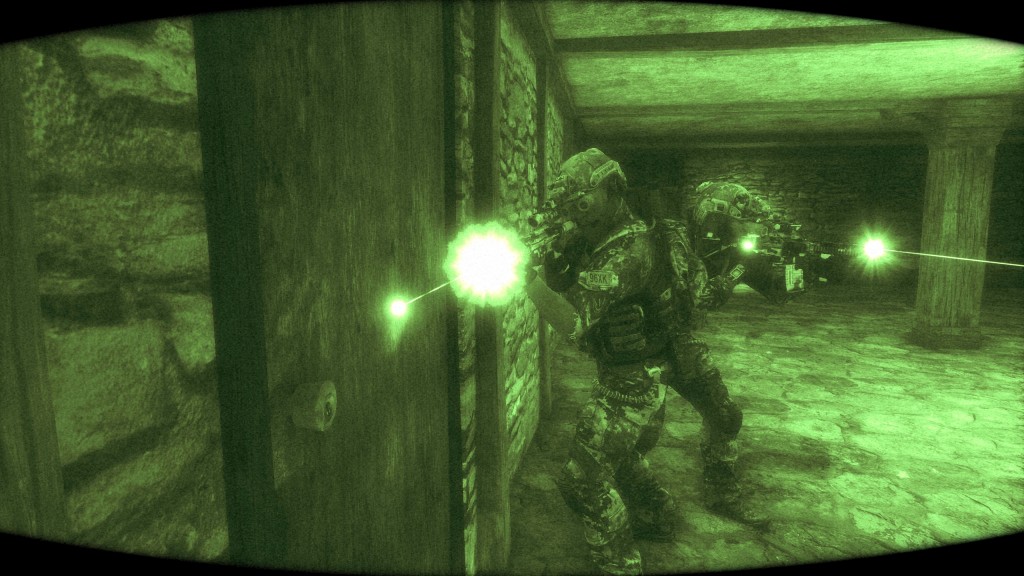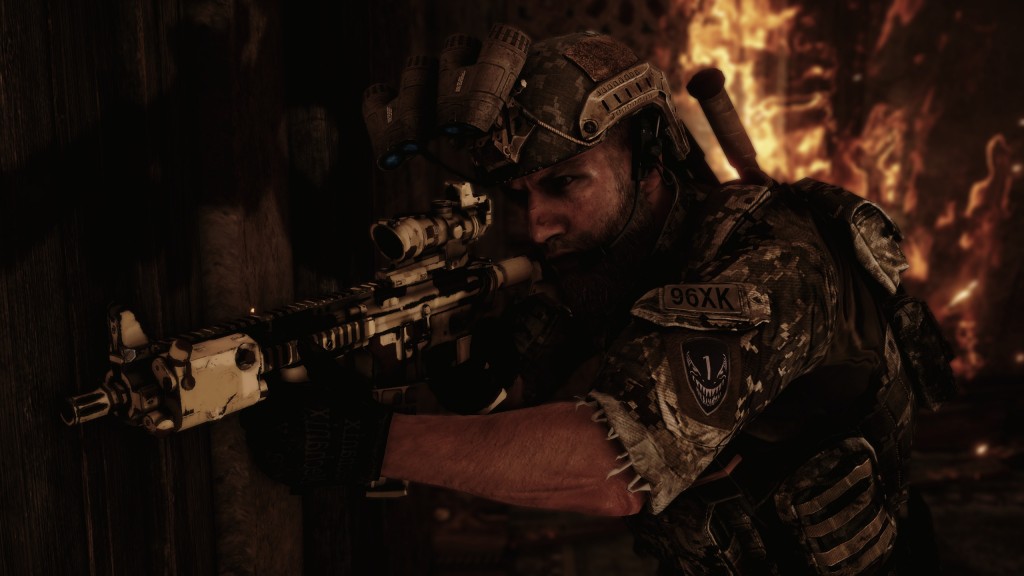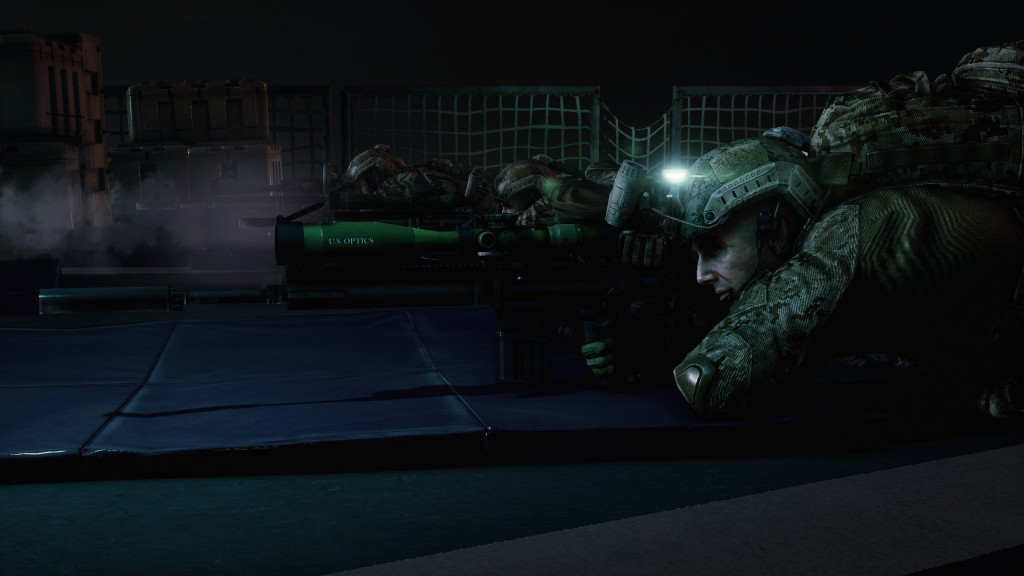There’s a perk in Fallout 3 and New Vegas called Here and Now. When taken, it immediately grants you another level, complete with all of the advantages that brings. There are plenty of other, equally-enticing perks to choose from, all with similarly beneficial advantages, so why choose Here and Now over any of those? We’ll get to this in a bit.
I wanted to write about a number of different things on my birthday today, seeing as last year’s post was so disappointing length-wise, but then I realised that as much as everything changes, it all just stays the same. As much as I want to about all the great things that happened last year, or some of the cooler moments, I’ve already done so. I’ve already posted about how I’m now a great photographer, and how I’ve played some of the best video games currently on offer. What else is there to write on here about?
Correction: what else is there to write about that won’t sound as depressing as it actually is?
By all accounts I should have finished my degree by now, but I’ve failed enough things to mean that this year will be my fifth year of a what is usually a three-year degree. We were talking about this in the car with a friend a few weeks after results came out, and he was like “that kinda sucks man, are you bummed about that?” My response was that I was pretty “meh” about the entire thing, because really, it’s not such a big deal, but yeah, it does kinda suck; therefore, meh seemed like an appropriate response. Not something to get too hung up on, but not something to be entirely ignored, either.
And that kind of describes my entire life, actually: all the bits that aren’t OMG amazing or FML depressing are just kinda, well, “meh”. Not overly exciting, but not exactly something I want to brag about, either.
But isn’t that the point? If I think about it, doesn’t life mean we take things as they come — the good, the bad, and the Things That Sit Squarely In The Middle? I mean, I’d be somewhat concerned if my life was all awesome, all the time. Concerned, or re-ordering my stock of valium, one of the two. In fact, I’d say having this good/bad/meh balance is as important as anything else in your life; too much of a good thing is a bad thing, as they say. And as much as we might want great things to happen to us all the time, bad stuff happens. All you can do is take it in your stride and learn from the experience.
It’s this learning from experience that I wanted to finish on today. Life throws a great many things at you, but as long as you come out the other side, you’ve come out on top. Because, if nothing else, you’ve learnt something along the way. Every time you die in DayZ, you learn to not do whatever you did to die. Every time you take a film photo, you learn to refine your composition technique. You learn to get in someone’s face. Every time you finish a Gun Master round in Battlefield 3, you learn to aim better with the guns you’re given. You learn how they work, how much recoil they have. You learn, for the hundredth time, that you hate the LSAT with the fire of a thousand suns.
Point is, you learn from these life experiences; good, bad, or completely mediocre.
Which brings us back to Here and Now. Because as nice as having all those experiences are, and as nice as doing all that learning is, wouldn’t it be easier if you could do all that learning without going through the experience in the first place? I mean, who really wants to know what having their heart broken feels like, or what losing a close friend or family member feels like? Wouldn’t you rather just know beforehand, instead of having to actually go through it and experience it for yourself? If you could just know what things feel like and what would happen if you did a particular thing, wouldn’t you? They say hindsight is 20-20, but wouldn’t it be great to have that kind of hindsight before stuff — good, bad, or otherwise — happens?
Hence the Here and Now perk in the Fallout series.
An additional experience level, complete with all the advantages that brings.
